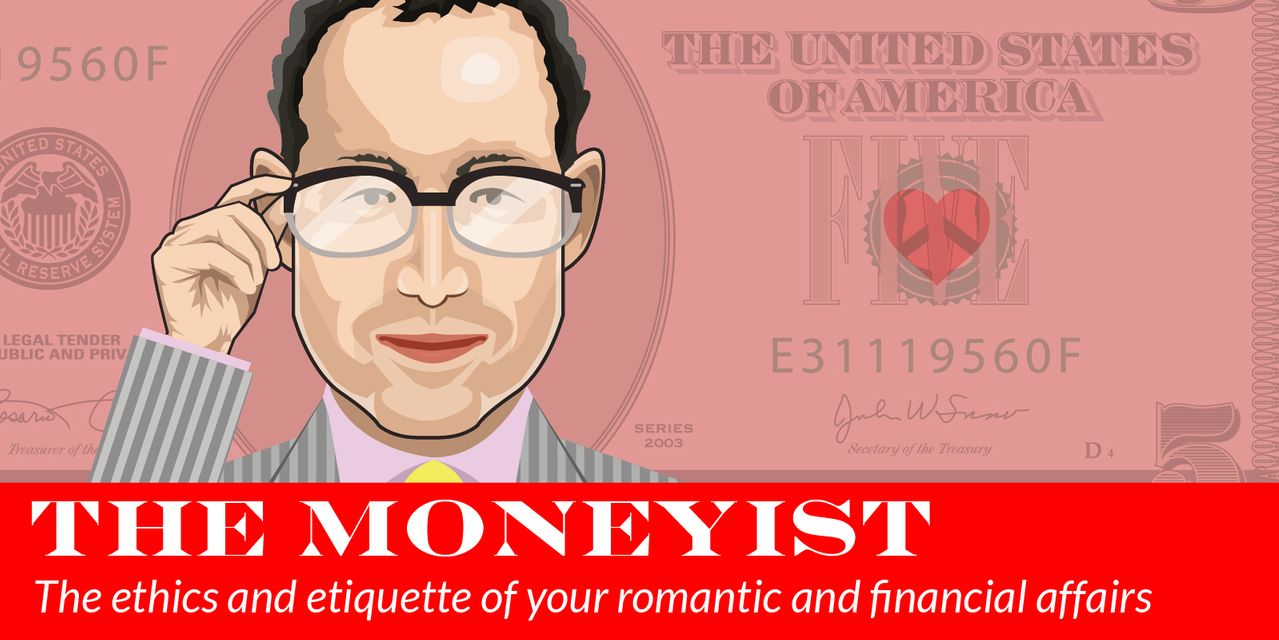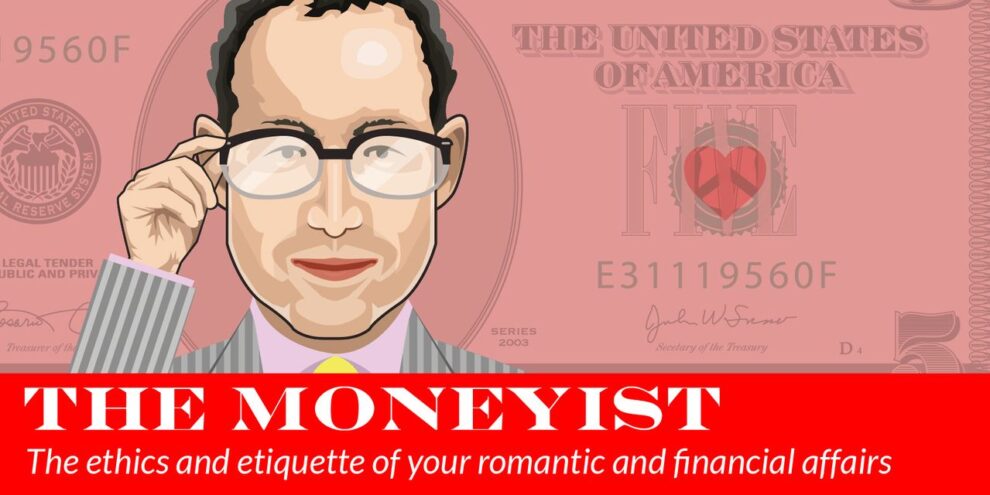
Dear Moneyist,
I am 62 and my partner is 70. We have been together for 16 years, living together for 12 of those.
We have always had separate bank accounts. ‘In 2008, we lost virtually everything in the Great Recession, and have rebuilt our assets into a reasonable position.’ We worked our butts off.
Now that we are ready to retire, I have asked my partner that we put all of our bank accounts and superannuation accounts in joint names. He refuses.
He has more money than me. I am offended. Do I have the right to be?
Offended
The Moneyist: My wife has a degenerative neurological disease. My father-in-law wants to put her in a facility — and take over our finances
Want to read more? Follow Quentin Fottrell on Twitter and read more of his columns here.
Dear Offended,
You have the right to feel whatever way you want to feel.
Here’s what is missing from your letter: “Why?” Why do you want to merge your finances now? Do you fear the life you have built together and the lifestyle to which you have both become accustomed — through your stamina and hard work — will end when one of you predeceases the other? (That is, if your boyfriend predeceases you.)
Do you feel that your joint savings should be split 50/50 based on the time you have been together and the support you have given each other these past 16 years? You have been together as long, if not longer, than many married couples, after all. Or does the differences in your circumstances become more pronounced now that you are no longer working full time?
As for your living arrangements, you don’t say whether you co-own the home you live in. If not, one party could give the other “tenancy for life” or “right of survivorship.” I suspect that concerns about your financial security in retirement play a role. If so, I both understand your request, but also your boyfriend’s reluctance to become the solution to that problem.
Maintaining separate accounts and remaining unmarried for nearly two decades suggests to me that there are, perhaps, other issues that require attention in your relationship. They could relate to trust, commitment or merely the desire for one or both of you to keep your financial independence should the nature of your relationship change.
I don’t think it’s his “no” that offends you. It’s what it represents. But only you and he can discover the answer to that.
Hello there, MarketWatchers. Check out the Moneyist private Facebook FB, +2.33% group, where we look for answers to life’s thorniest money issues. Readers write in to me with all sorts of dilemmas. Post your questions, tell me what you want to know more about, or weigh in on the latest Moneyist columns.
More from Quentin Fottrell







